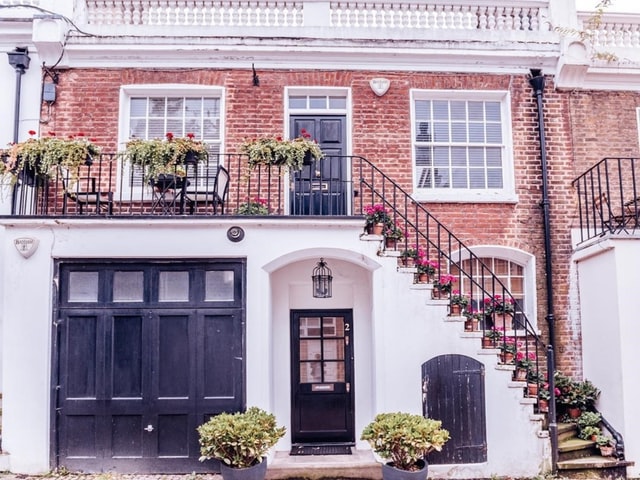For most of us, the home we live in is the most valuable asset we possess. It may have taken us most of our working lives to pay off the mortgage. It is therefore no surprise that most of us wish to avoid the risk of our home being used to pay our care fees should we need care in our later years.
Another concern is that after your death, your family may have to sell your home in order to pay Inheritance Tax.
Faced with these fears, some people consider gifting their home to their children during their lifetime, so as to avoid it being taken to pay for care or Inheritance Tax. Unfortunately, the reality is more complicated and fraught with difficulties.
Did you know that if you gift your property to your children (or anyone else) you would need to move out of it and live for another seven years before it becomes exempt from inheritance tax? If you gift your property but continue to live there then it would be considered as a “gift with reservation of benefit” and so would not be exempt from inheritance tax, even if you live for another seven years. You might be able to get round this by paying market rent to your children but then they would likely be liable to pay income tax on that rent.
It’s very difficult to avoid care home fees. Giving away your home to your children may seem like an obvious way to avoid paying for care, but it’s not that straightforward. The local authority is likely to take the value of your home into consideration even if it is no longer in your name. They can overturn the gift under the Deprivation of Assets Rule and is likely to do so if it is believed you were simply trying to avoid liability for care costs.
There are also other factors to consider if you give away your home. For example, you won’t be able to use it as security for a loan if you suddenly need to raise money. Whilst you may have a good relationship with your children and trust them implicitly, if they suddenly need to raise money themselves they may put you under pressure to leave your home so it can be sold. There may also be problems if your child’s marriage breaks up and the house becomes part of the divorce settlement, or your child may become bankrupt and the house is needed to pay creditors. There is also the chance that you may outlive your child. In which case, the house would pass on to his or her beneficiaries who may feel less connection with you and so be less amenable to letting you continue to stay in what will have become their property.

You might think the easy option is to sell your house and give away the money, but it’s not that simple. If you do require care in future, one of the first questions the local authority will ask is ‘do you own your own home?’. If you answer ‘no’ they will then want to know whether you ever owned your own home. If you previously owned your own home but have since sold it, the local authority will ask a series of questions to try and establish if you sold your house knowing you needed care (called ‘deliberate deprivation’) or if you sold your house when you had no idea that you might need care.
The local authority will conduct an investigation into your finances should you need care. If you once owned a property and since sold or gifted the same, they will want to know the motivation behind it. It’s worth bearing in mind that Local authorities are becoming increasingly vigilant in investigating these matters. There is also no time limit on how far they can go back in their investigation. Some people mistakenly think that local authorities can only go back for a few years however, under insolvency laws, there’s no limit on how far back they can go. Local authorities can also request the notes of meetings if you've met with financial advisers or solicitors to arrange the sale or transfer of the property to establish the motivation for giving away or selling the house.
If you’ve given money away and it’s been spent the local authority will simply refuse to contribute towards the funding of a care home until the ‘notional capital’ – namely the value of the money that was given away - has been used up.
While it is absolutely possible to give away your house or to sell it and give away the proceeds, you may fall foul of local authority rules and end up no better off. In addition, you'll be restricting your choice of care homes.
If you are considering selling or transferring your property or would like advice in respect of Inheritance Tax or care home fees, our qualified legal advisors are on hand to provide advice based on your individual circumstances.